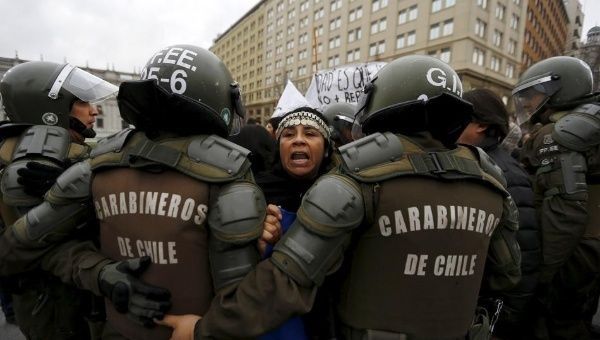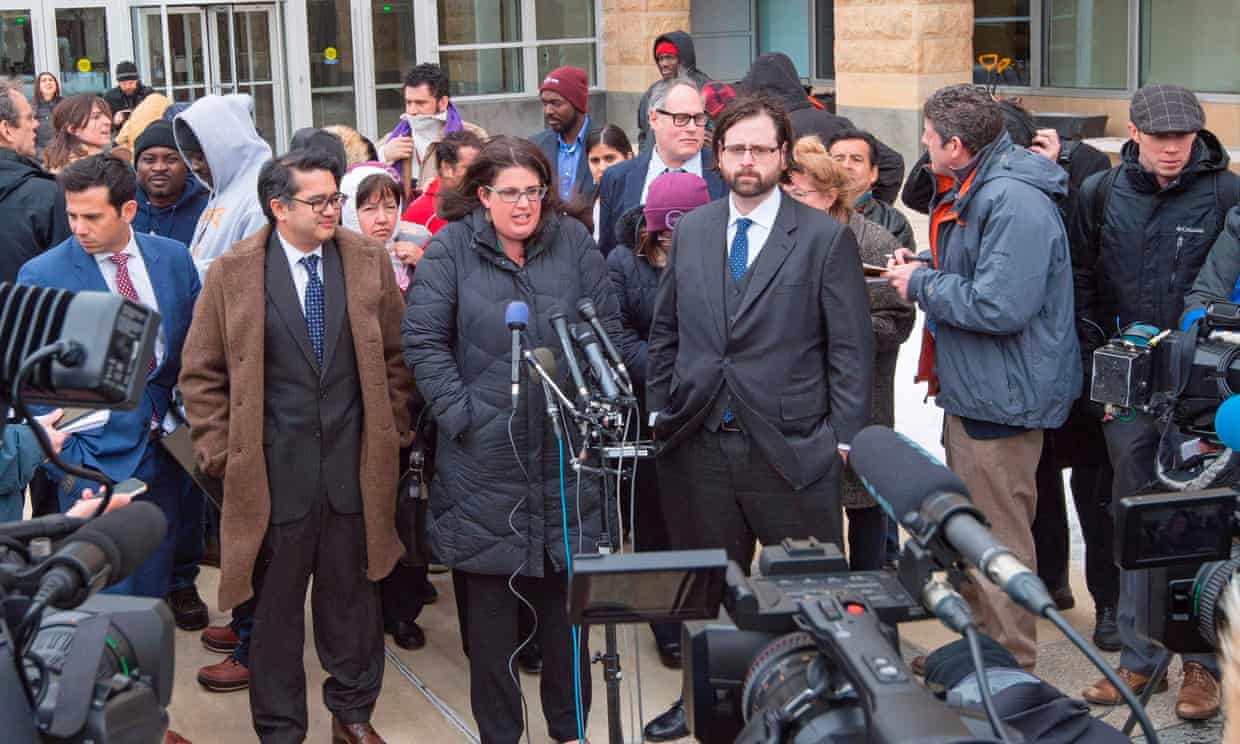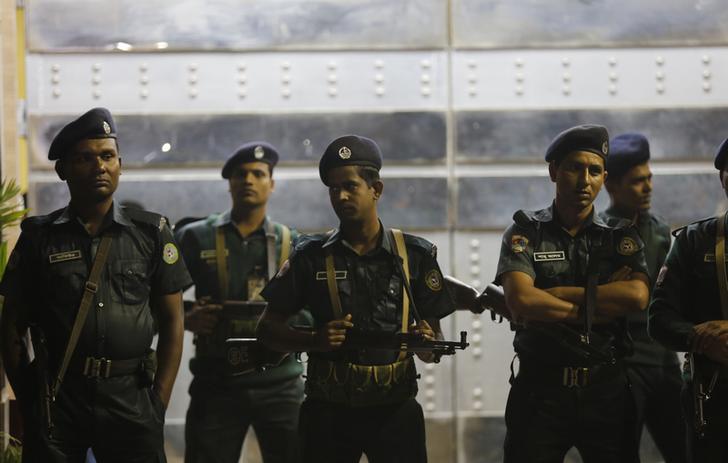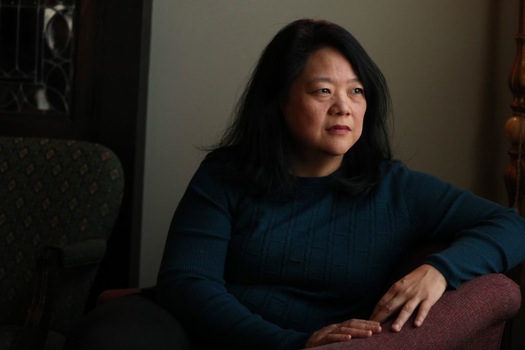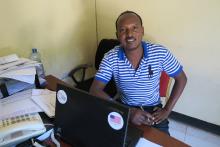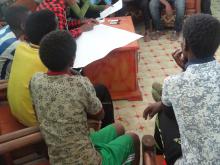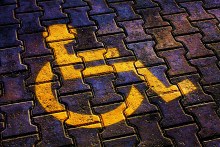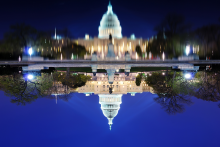UK Magnitsky Asset Freezing Legislation Passed the Second Reading in the House of Lords
16 March 2017 – The UK House of Lords approved in its second reading the Magnitsky asset freezing legislation, which will allow the British government to freeze the assets of human rights abusers. The bill is now slated for a line-by-line examination in the House of Lords on 28 March 2017.
“I welcome the fact that we have taken action, sending a clear statement that we will not allow human rights abusers to launder their criminal assets through the UK,” said Baroness Williams of Trafford, Minister of State at the Home Office, introducing the proposed Magnitsky legislation.
Under this new legislation, assets of those involved in gross human rights violations abroad will be subject to civil recovery by the British government. The initiative was inspired by the case of Sergei Magnitsky:
“We have amended the Bill … to allow for the civil recovery of any proceeds of gross human rights abuse overseas. This amendment was prompted by the horrific treatment of Sergei Magnitsky, a Russian tax lawyer. …Magnitsky’s treatment was truly shocking, and it is only one example of the many atrocious human rights violations committed globally every year,” said Baroness Williams of Trafford.
Baroness Stern said:
“The victims of grand corruption are too many to count… The Magnitsky amendment represents a huge step forward and I was very glad to hear the Minister talk about human rights abuses around the world in this connection. Some argue that grand corruption should be classified as a human rights abuse; I find that argument convincing.”
Lord Rooker said:
“I salute Mr Browder for his dedication and perseverance in trying to bring those guilty of the murder of his lawyer to justice… Chasing them legally around the world, and now in this Bill, is a must.”
Baroness Hamwee said:
“Corruption and the infringement of human rights go hand in hand. I welcome the Magnitsky amendment.”
In closing the debate, Baroness Williams of Trafford talked about the government ensuring that “the Magnitsky power will be used” in cases where there is evidence “to satisfy a court on the balance of probabilities that property in the UK is the proceeds of gross human rights abuses or violations overseas.”
The events of the Magnitsky case are described in the international best-seller “Red Notice” by William Browder and in a series of Magnitsky justice campaign videos on Youtubechannel “Russian Untouchables.”
For more information, please contact:
Justice for Sergei Magnitsky
e-mail: info@lawandorderinrussia.org
